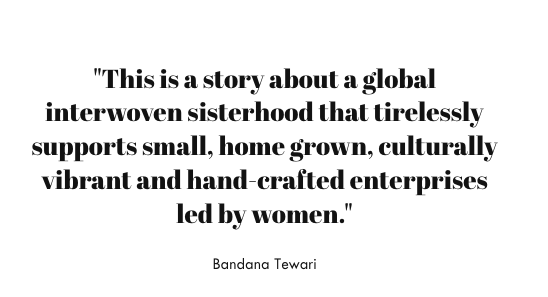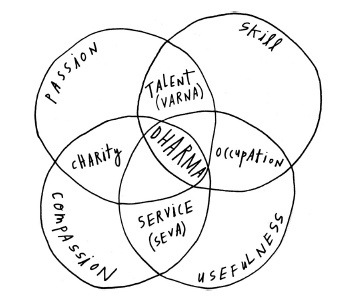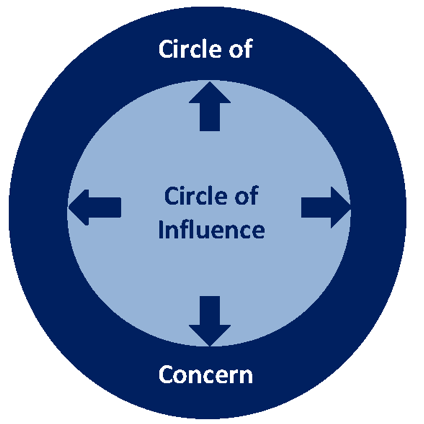How to perfect your craft with Ikigai
Imagine choosing one craft and dedicating your professional life to perfecting that craft. The Japanese lifestyle called Ikigai supports this mindset. And here is what we can learn from it. Once people find their Ikigai, they spend their entire lives perfecting their craft.
Finding you Ikigai
Similar to Dharma the concept of Ikigai contains four principles; What I am good at, What I love, What the world needs, and What I can be rewarded for. Nowadays there are so many different options in jobs and careers that it can be difficult to choose one. And the question is: “Can we have it all?” But the answer to this question is saved for another time.

Regardless of whether you want to do several things in your career or focus on one thing. You still have to start with becoming better at one craft. Take, for example, the best athletes in their field or artists. They might have talent but they also work their asses off.
Reaching a state of flow
It is no secret that when you try to be the best at something, you need to put in lots of time and energy. More importantly, while you’re working on that craft, you need to be completely focused. Some call this state “the state of flow”. In this state, you lose sense of time and get completely hooked by the thing you are working on. It could be, music, drawing, cooking, writing, creating, weaving, or anything else.
The motion picture “Soul” describes this state of flow visually. Joe Gardner is a music teacher but has dreamed of playing piano on stage. In the clip below, Joe can audition for a gig. At first, he is caught off guard a little. But when he plays the piano, he reaches that state of flow.
Attention to detail
Attention to detail is crucial to becoming the best at something. Take the well-known documentary of Jiro Dreams of Sushi where chef Jiro Ono provides his customers with the best sushi possible. In his restaurant, they pay attention to every detail while preparing the food. They even have a technique for how to massage the octopus.
Where else do we recognize perfecting a craft?

Not only in the Japanese culture do we see the art of perfecting your craft. With the project of One Square Meter Berber, artist Minah Abourzahra connects women from the Amazigh in Morocco with Dutch designers. She celebrates the craft of weaving that has been in the families of these women for centuries. The women explain that when they make a rug, it becomes part of that community. Because the craft of weaving is woven into their lifestyle. It also brings the women together.
Another example is Zazi Vintage. Jeanne de Kroon was forming a fashion brand centered around women’s collectives, artisanal crafts, and our connection to earth. In her quest, she discovered the Saheli Women organization in India. She partnered with the women to co-create collections. I quote from the Zazi website: “The inherent circularity and connectedness to nature, community and culture that Jeanne discovered in the first collaborations would inspire a growing vision to platform and celebrate artisanal craft, nature, and weaving women’s narratives through cloth.”

Source Cover Image: Unsplash Alva Pratt
How to perfect your craft with Ikigai Read More »












